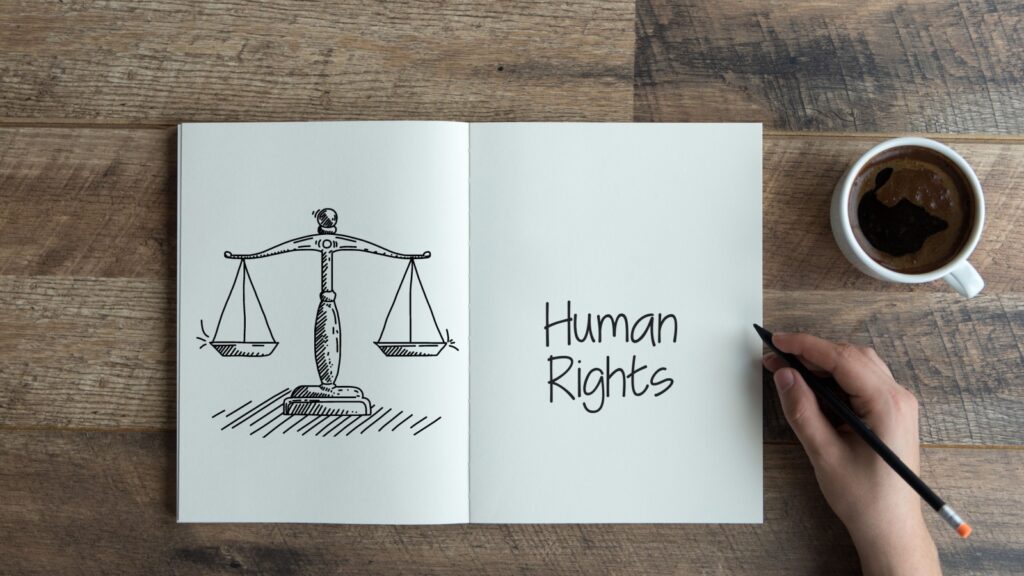From legalizing same sex marriage early to protecting healthcare for all, Canada has led with values that prioritize people and communities. Its decisions to support refugees, safeguard the environment, and uphold human rights show that taking the high road can lead to long-lasting, positive change. Here are 21 examples when Canada took the high road and won.
Welcoming Syrian Refugees with Compassion

In 2015, while many nations hesitated, Canada stepped up by welcoming over 25,000 Syrian refugees within just a few months. The Canadian government, in partnership with private sponsors and community groups, worked together to provide housing, education, healthcare, and job support. This approach not only offered a haven to families fleeing war but also showed how collective compassion can create real, lasting change.
Legalizing Same-Sex Marriage Before the U.S.
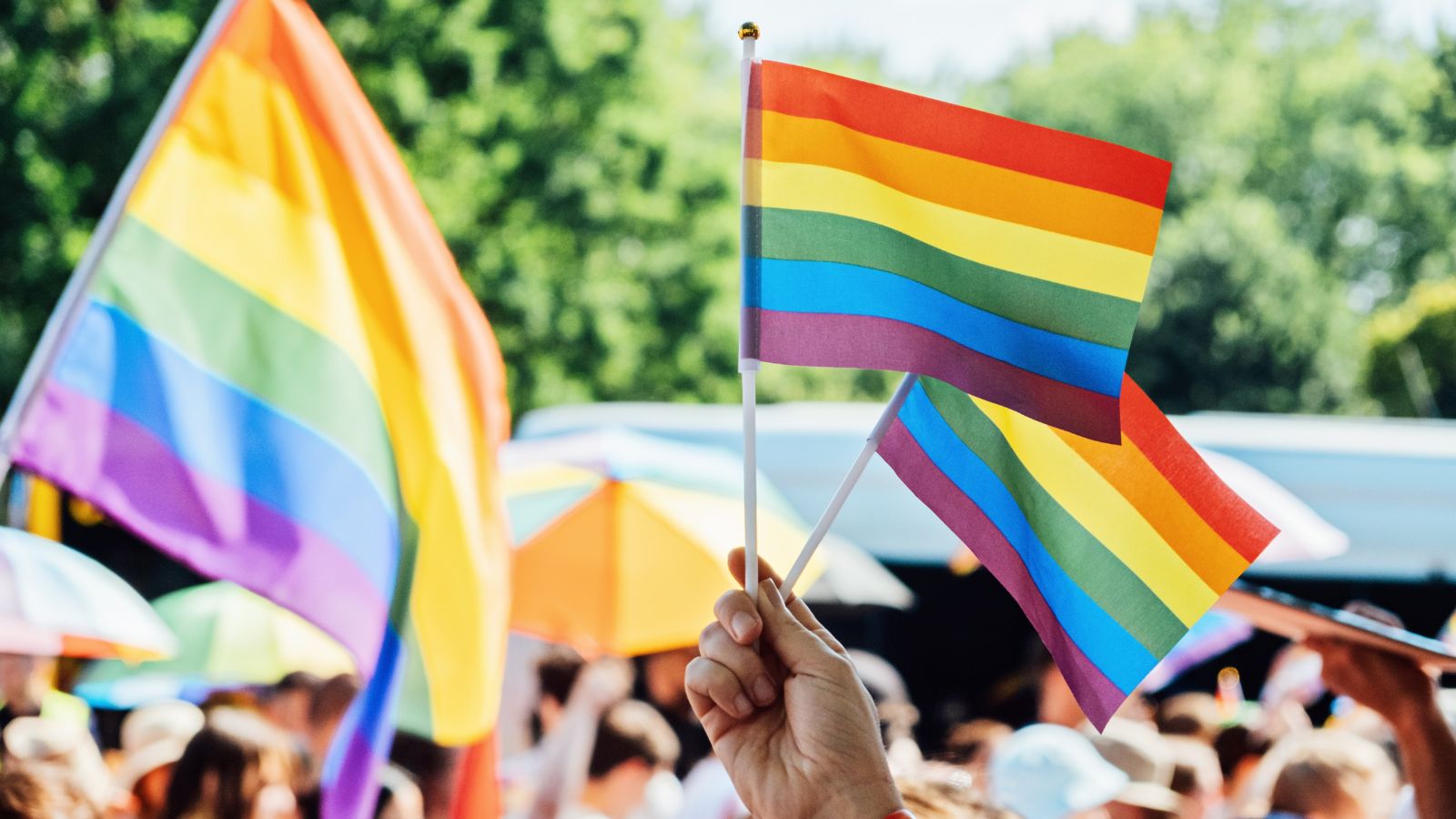
Canada made history in 2005 by becoming the fourth country in the world to legalize same-sex marriage nationwide. This landmark decision came a full ten years before the United States followed suit in 2015. The Civil Marriage Act recognized that marriage is a legal right for all couples, regardless of gender, and made Canada a global example of equality and inclusion. It was a bold and progressive step that affirmed the country’s commitment to protecting LGBTQ+ rights.
Decriminalizing Marijuana Nationwide

In 2018, Canada became the first major industrialized country to legalize recreational cannabis nationwide. This move reflected a shift from punishment to regulation and harm reduction. By legalizing marijuana, Canada aimed to reduce black-market sales, protect youth, and ensure product safety through government oversight. The rollout included strict rules on packaging, advertising, and age limits, showing how thoughtful policy can address both public health and social justice.
Prioritizing Gun Control with National Laws
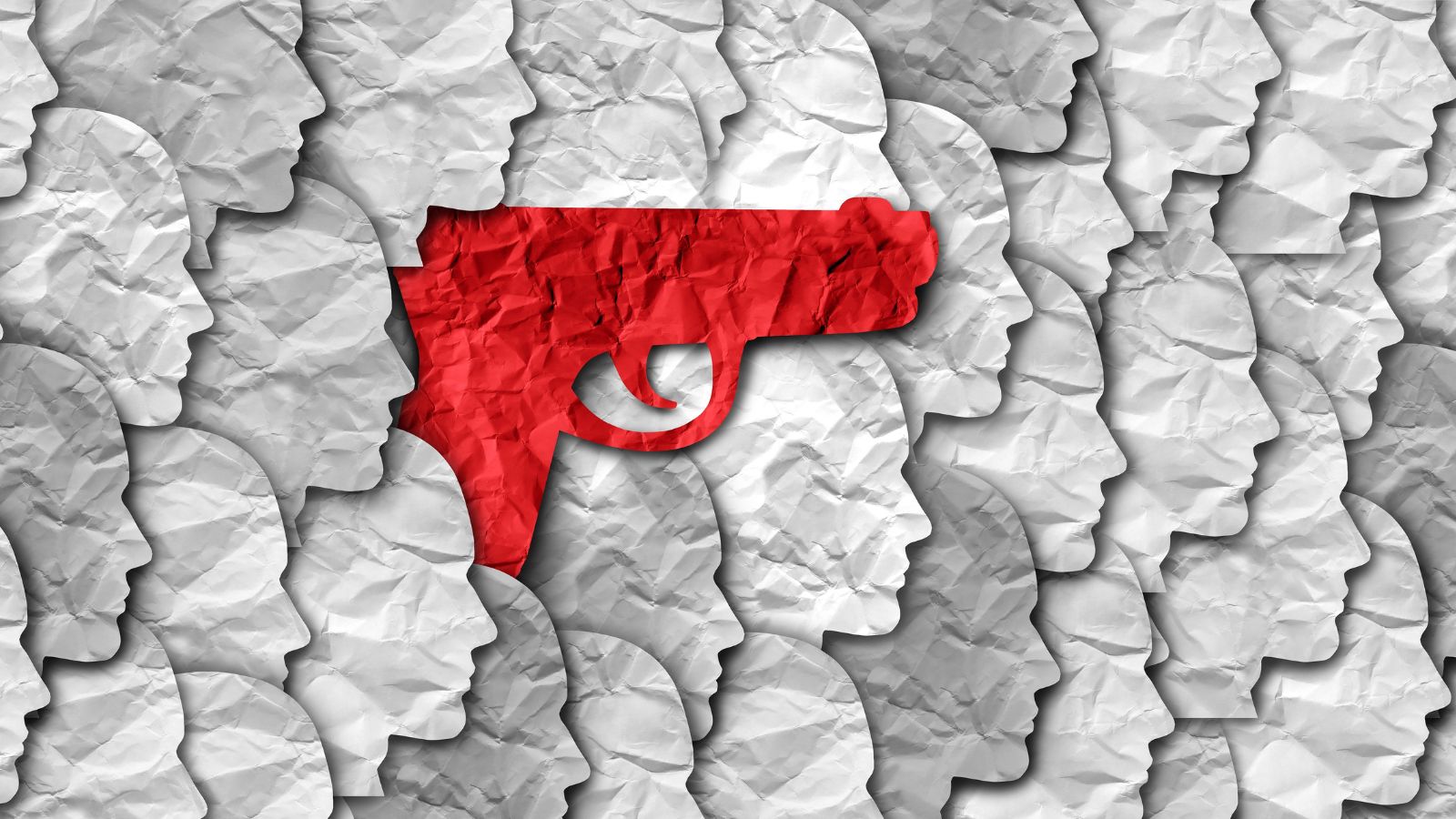
Unlike many countries, Canada has consistently maintained strict federal gun control laws. After a series of tragic shootings, including the École Polytechnique massacre in 1989, the government responded with tighter restrictions, background checks, and mandatory training. In recent years, semi-automatic weapons have been banned, and buyback programs have been introduced. These laws have helped Canada keep gun violence significantly lower than in neighboring countries.
Embracing Multiculturalism as a National Value
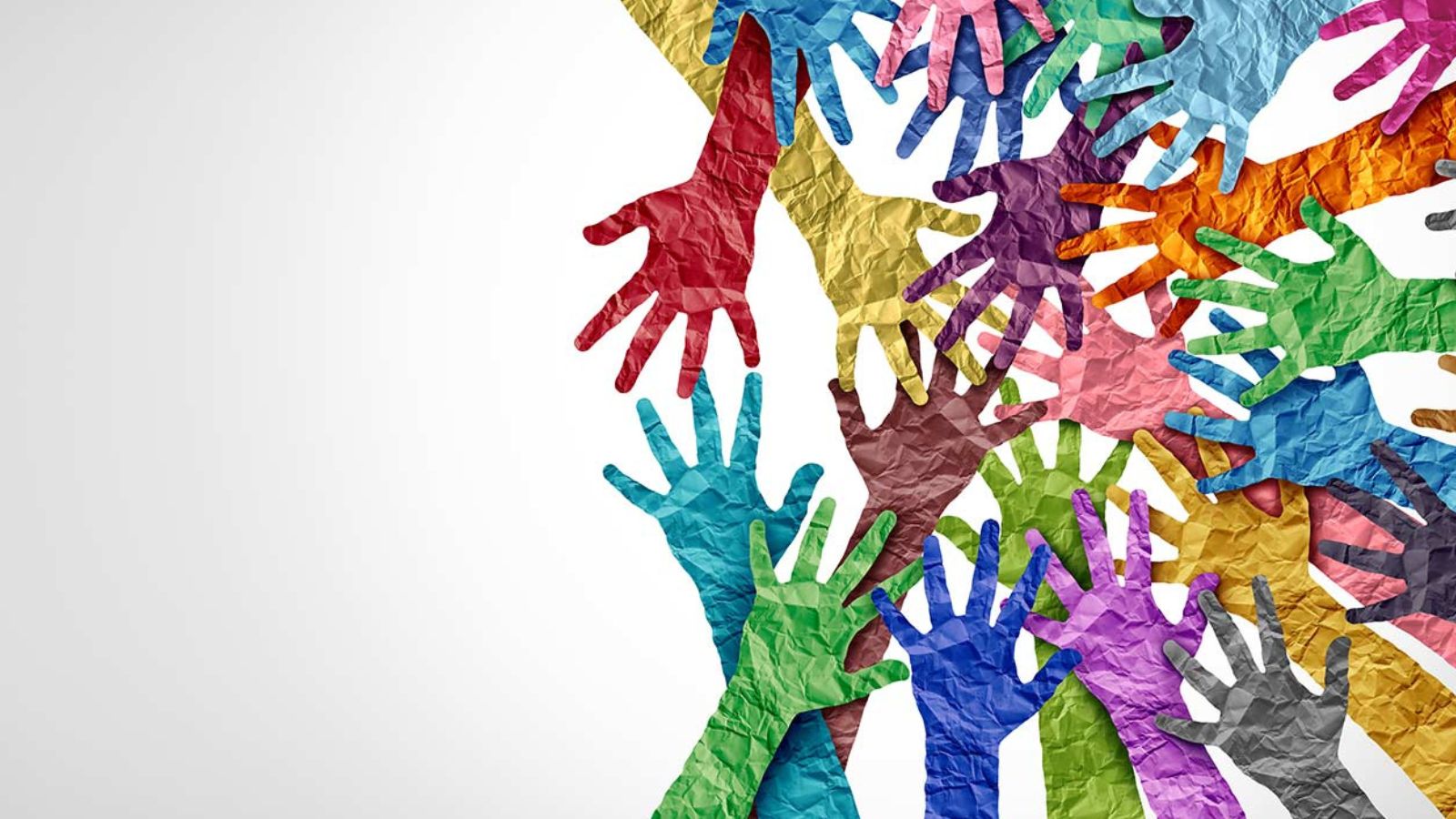
Canada officially adopted multiculturalism as national policy in 1971, becoming the first country in the world to do so. This approach recognizes the cultural diversity of its citizens as a source of strength rather than division. Rather than expecting newcomers to assimilate completely, Canadian policy encourages individuals to preserve their cultural identities while contributing to society. Schools, public services, and media reflect this diversity, fostering inclusion and respect.
Apologizing for Past Government Wrongs

Canada has taken meaningful steps to acknowledge and apologize for historical injustices. From offering a formal apology and compensation to residential school survivors to recognizing the mistreatment of Japanese Canadians during World War II, these actions reflect a willingness to confront the past. While apologies cannot undo the harm, they set a tone of accountability and help foster reconciliation with affected communities.
Offering Safe Haven to Vietnam War Draft Dodgers

During the Vietnam War, tens of thousands of American draft dodgers fled to Canada, seeking refuge from conscription. Rather than turning them away, Canada welcomed many with open arms. The decision was rooted in Canada’s opposition to the war and its commitment to personal freedom and conscience. Over time, many of these individuals became productive members of Canadian society, highlighting the country’s compassion in the face of political tension.
Protecting Healthcare as a Universal Right

Canada’s healthcare system stands as a symbol of its social commitment. Funded publicly and available to all residents, it ensures that no one goes without medical care due to cost. While not without challenges, the system reflects a belief that healthcare is a right, not a privilege. This model continues to earn Canada international praise and sets it apart from countries with more commercialized systems.
Upholding Environmental Commitments in Global Forums
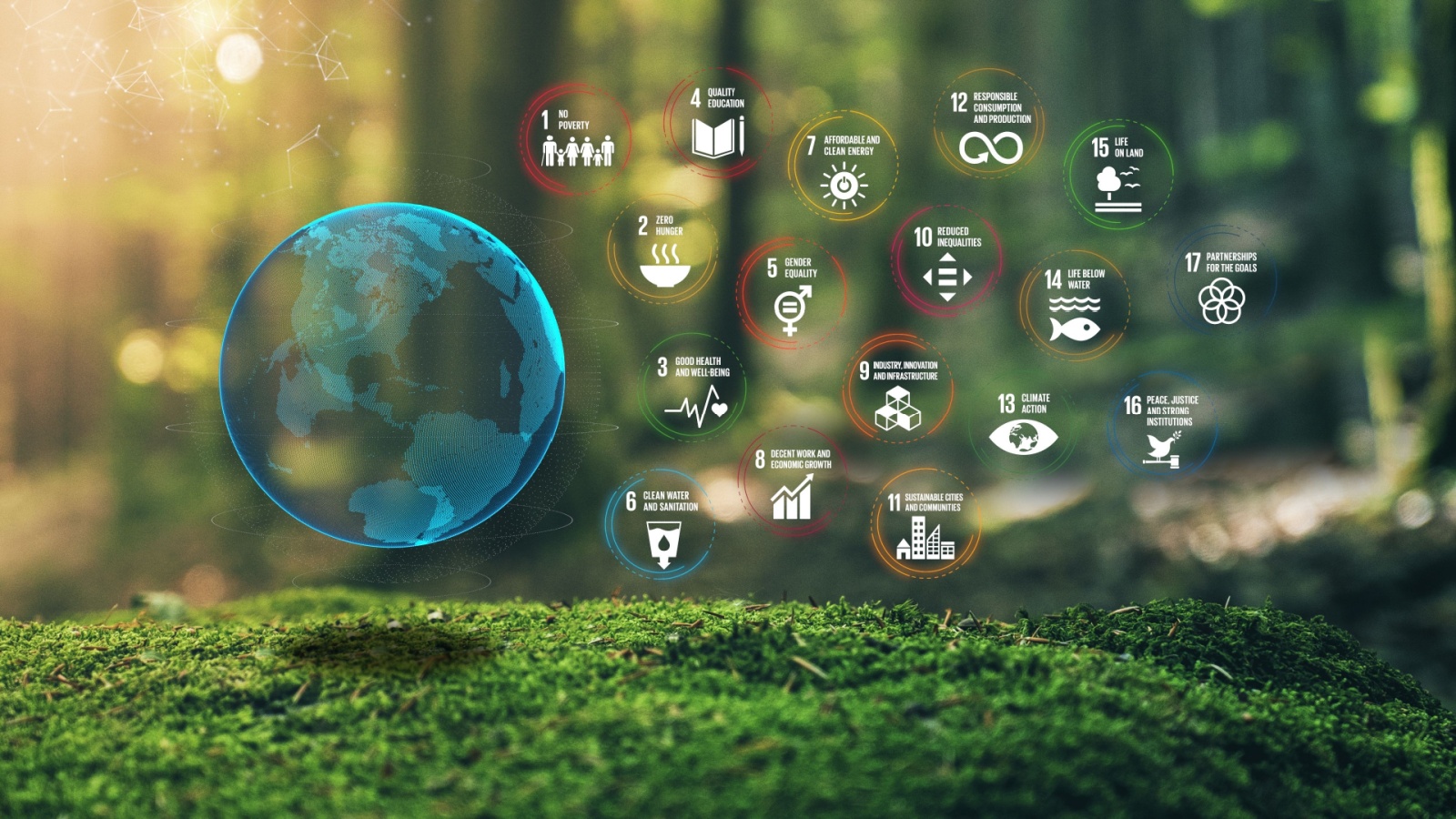
Canada has shown leadership in addressing climate change through consistent action on the world stage. From participating in the Kyoto Protocol to committing to the Paris Agreement, the country has pushed for cleaner energy, reduced emissions, and stronger climate policies. Canada also supports the UN Sustainable Development Goals and invests in environmental research and conservation. While challenges remain at home, Canada’s willingness to engage globally and honor its promises reflects a long-term commitment to the planet.
Legalizing Medical Assistance in Dying with Regulation
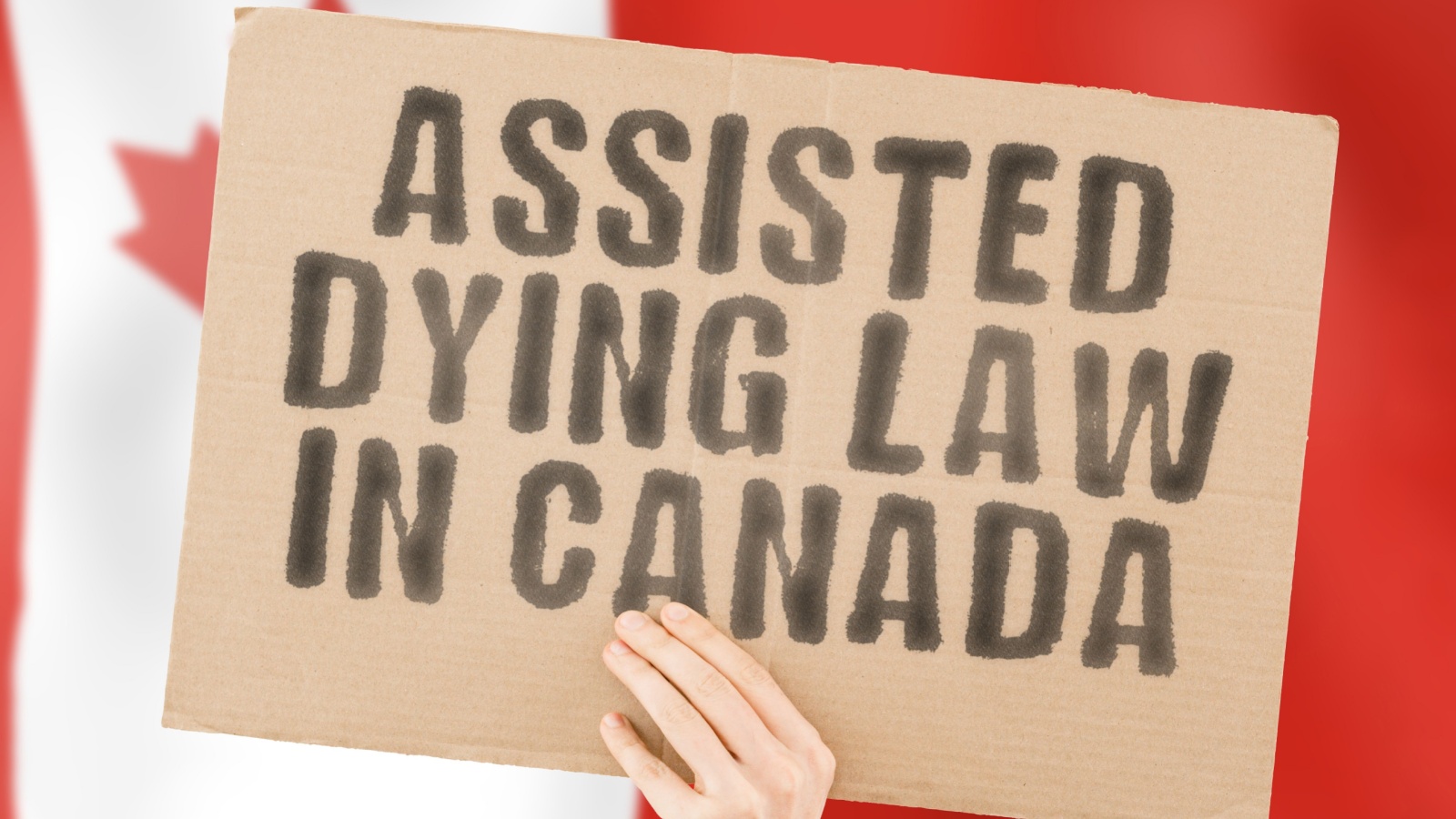
Canada made global headlines by legalizing Medical Assistance in Dying (MAiD) under well-defined rules. This law allows terminally ill adults to choose a peaceful, medically supported death, respecting both personal dignity and medical ethics. The legislation includes strict eligibility requirements, a thorough assessment process, and safeguards to prevent misuse. It sparked difficult but necessary conversations around quality of life and end-of-life rights. By regulating this practice instead of ignoring it, Canada acknowledged the emotional and physical struggles of patients and supported their right to make informed choices.
Promoting Bilingualism and Indigenous Language Recognition
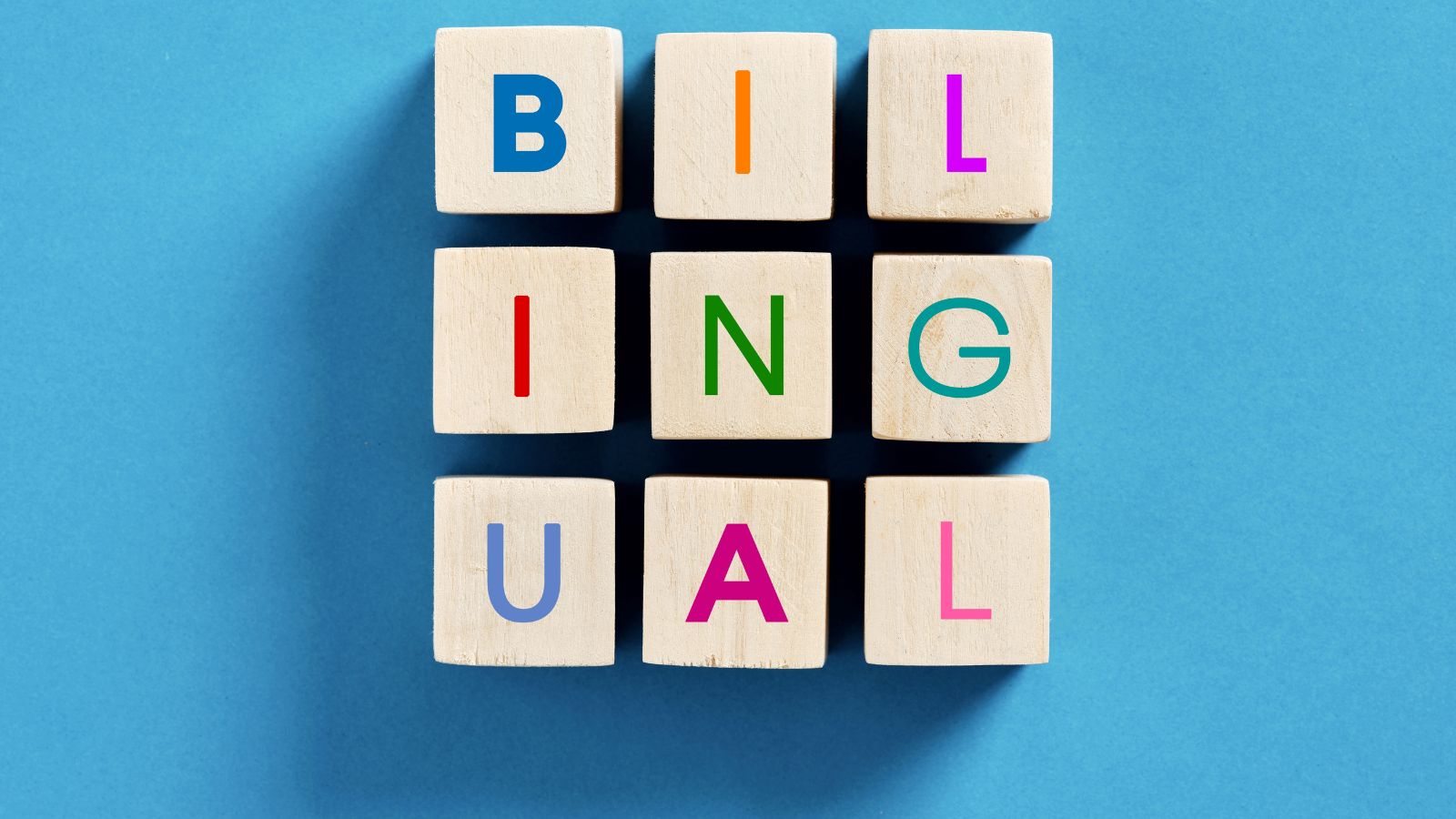
Canada officially recognizes both English and French, ensuring bilingualism across government services, education, and public institutions. However, the country has gone further by taking steps to preserve Indigenous languages like Inuktitut, Cree, and Ojibwe. Through the Indigenous Languages Act, Canada supports revitalizing these native tongues, recognizing their cultural and historical value. Language is key to identity, and this move strengthens national unity while honoring Indigenous communities. Promoting linguistic diversity isn’t just symbolic—it’s a real investment in inclusion and reconciliation.
Advancing Peacekeeping on the Global Stage
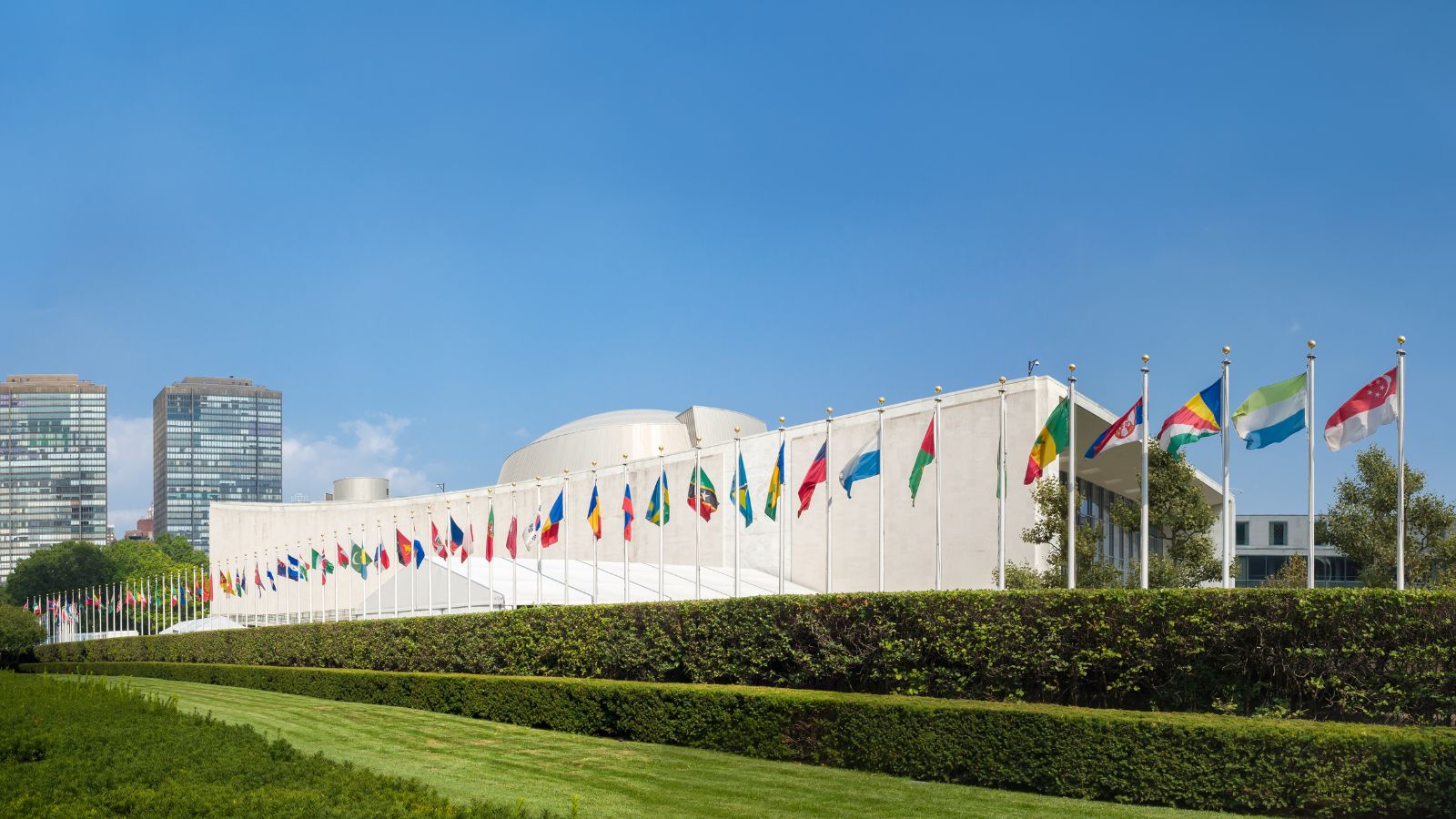
Canada has built a strong global reputation by taking an active role in international peacekeeping missions. Rather than focusing solely on military strength, the country has contributed troops, resources, and leadership to help maintain peace in conflict zones worldwide. Canadian peacekeepers have served in places like Rwanda, Haiti, and the Balkans, often in partnership with the United Nations. This approach shows Canada’s belief in diplomacy, conflict resolution, and humanitarian values.
Instituting Strict Tobacco Regulations Early On

Canada took decisive action early to protect its citizens from the dangers of tobacco. The country banned cigarette advertising, introduced plain packaging, and placed graphic warning labels on products. High taxes made smoking less affordable, especially for young people. Flavored tobacco was also banned to stop it from attracting new users. These steps led to a steady decline in smoking rates across the country. Canada’s strict rules focused on long-term health and prevention rather than short-term industry profits.
Creating Safer Urban Spaces through Inclusive Policies

Canadian cities are known for being clean, welcoming, and safe. This is mainly due to urban policies that focus on inclusion and community well-being. Cities invest in public spaces like parks, libraries, and community centers to bring people together. Safe public transport and affordable housing are prioritized to support a wide range of residents. Community policing and social services help address problems before they grow. These policies do not rely on harsh enforcement but on designing spaces where people feel safe and supported.
Enforcing Paid Parental Leave for All
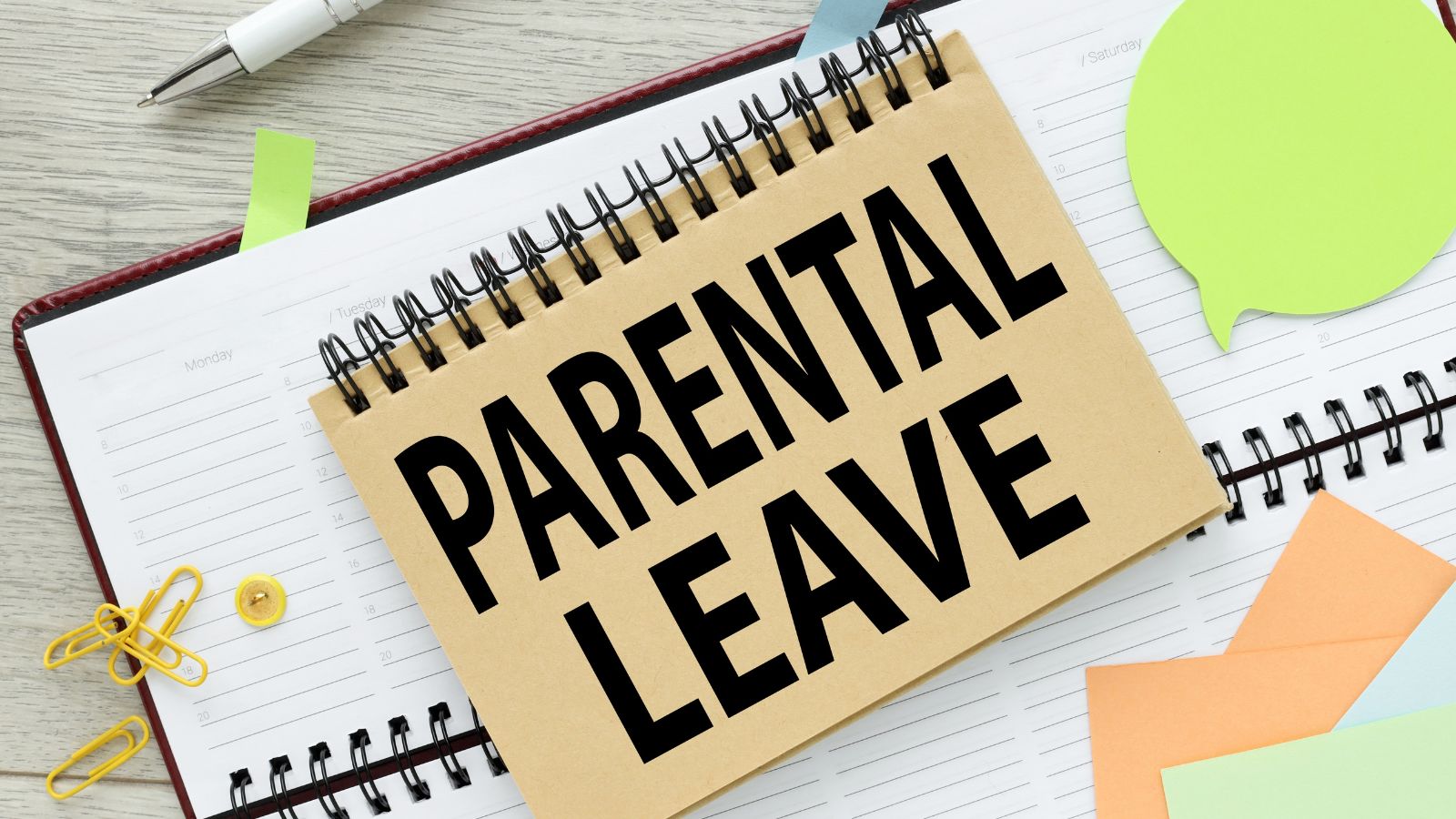
Canada ensures that new parents receive paid time off to care for their newborns, helping families stay financially stable during a major life change. Parents can share up to 18 months of leave, with employment insurance covering part of their income. This policy supports both mothers and fathers equally, encouraging shared parenting responsibilities. Unlike in many countries where such leave is unpaid or limited, Canada treats it as a right, not a luxury. It reflects the belief that supporting families from the beginning creates stronger communities and healthier children, both emotionally and physically.
Supporting Stronger Consumer Protections
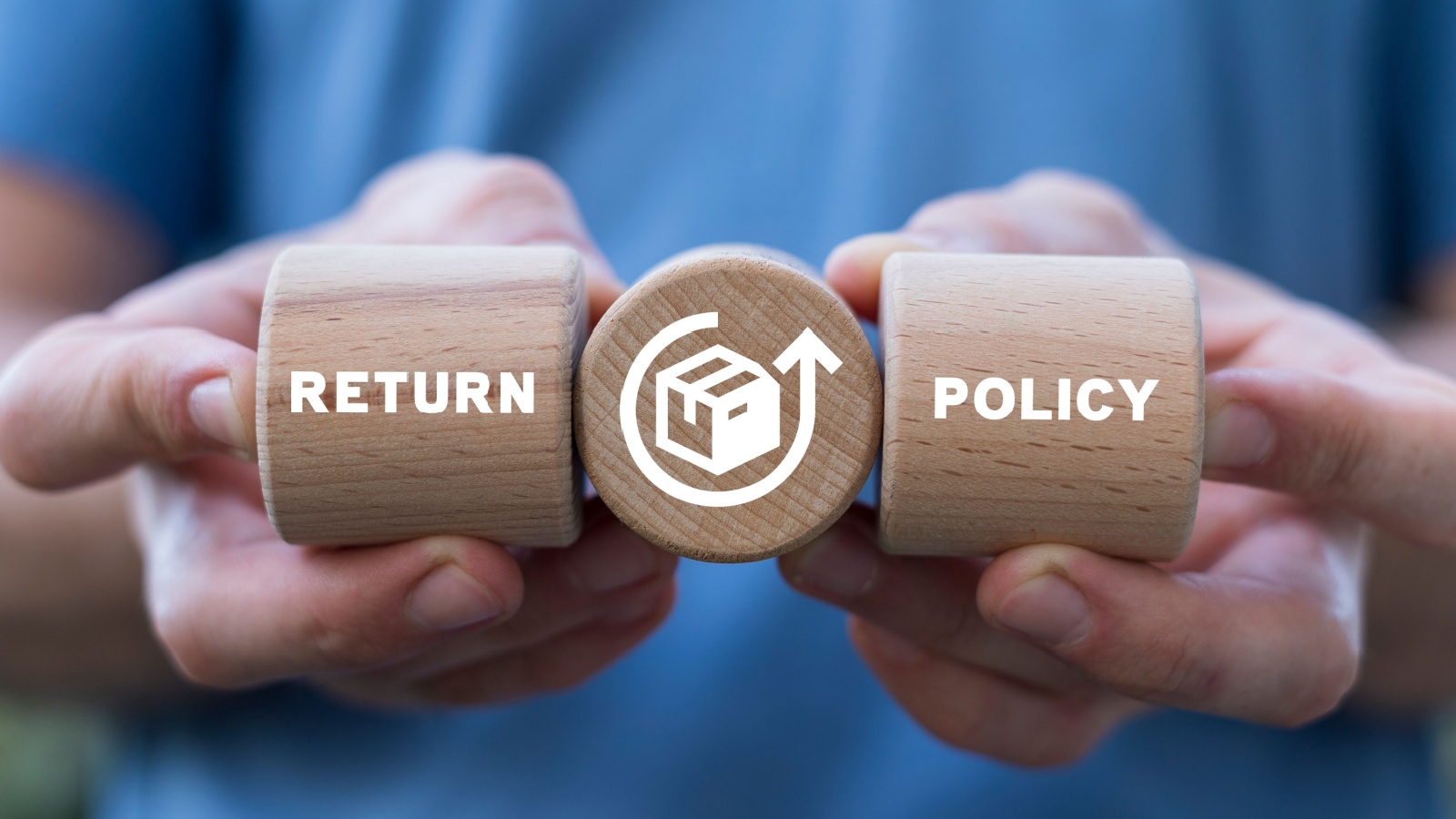
Canada places a high value on protecting consumers from unfair business practices. Clear rules require companies to provide honest information about products, ensure safe packaging, and offer fair return policies. The Competition Bureau monitors companies for false advertising and deceptive conduct. Canadians also have access to strong privacy laws that protect their data. These protections create trust between consumers and businesses while holding corporations accountable.
Prioritizing Public Broadcasting and Cultural Funding

Canada invests heavily in public broadcasting to preserve national identity and promote diverse voices. CBC and Radio-Canada receive government funding to deliver educational content, cultural programming, and independent journalism. This support ensures that Canadians have access to unbiased news and storytelling that reflects their communities. Canada also funds arts councils and local initiatives that support artists, musicians, and filmmakers. These efforts help preserve Indigenous traditions, promote bilingual content, and give space to underrepresented voices.
Maintaining Separation of Church and State
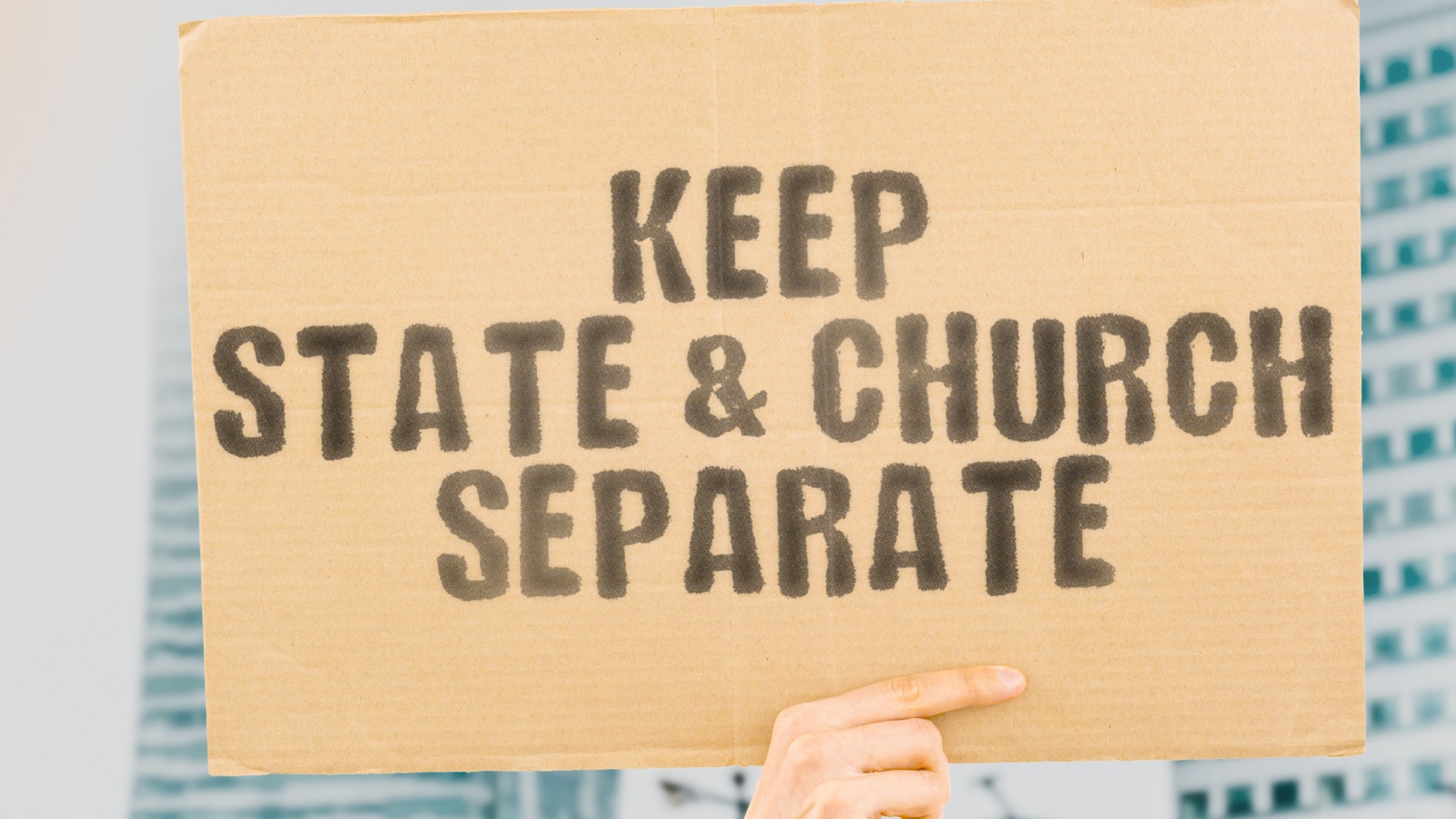
Canada keeps religion separate from government decisions, ensuring that laws and policies remain neutral and inclusive. Public schools are generally secular, and government funding does not favor any particular faith. This approach protects freedom of religion while also protecting freedom from religion. It helps ensure that people of all beliefs, or none at all, feel represented and respected. By not letting religious views influence public policy, Canada fosters fairness and equal rights for all citizens.
Strengthening National Hate Speech and Anti-Discrimination Laws

Canada enforces strict laws against hate speech and discrimination to promote respect and equality. The Criminal Code prohibits public incitement of hatred based on race, religion, ethnicity, sexual orientation, and more. Human rights commissions in each province investigate complaints and help resolve them fairly. These laws do not restrict free speech but draw a line when speech encourages harm or violence. By prioritizing safety and dignity, Canada shows that words matter and that protecting vulnerable groups is a shared responsibility.
Ensuring Voting Rights for Incarcerated Citizens

Canada allows incarcerated citizens to vote in federal elections, recognizing that democratic rights do not disappear behind prison walls. The Supreme Court of Canada ruled in 2002 that denying prisoners the vote was unconstitutional. This decision supports the idea that voting is a fundamental right, not a privilege. By keeping inmates part of the democratic process, Canada encourages civic responsibility and rehabilitation. It also ensures that every voice counts, no matter someone’s past. This policy reflects a broader belief in dignity, justice, and inclusion, reinforcing Canada’s commitment to democratic values for all.
Standing Up for Global Human Rights and Diplomacy
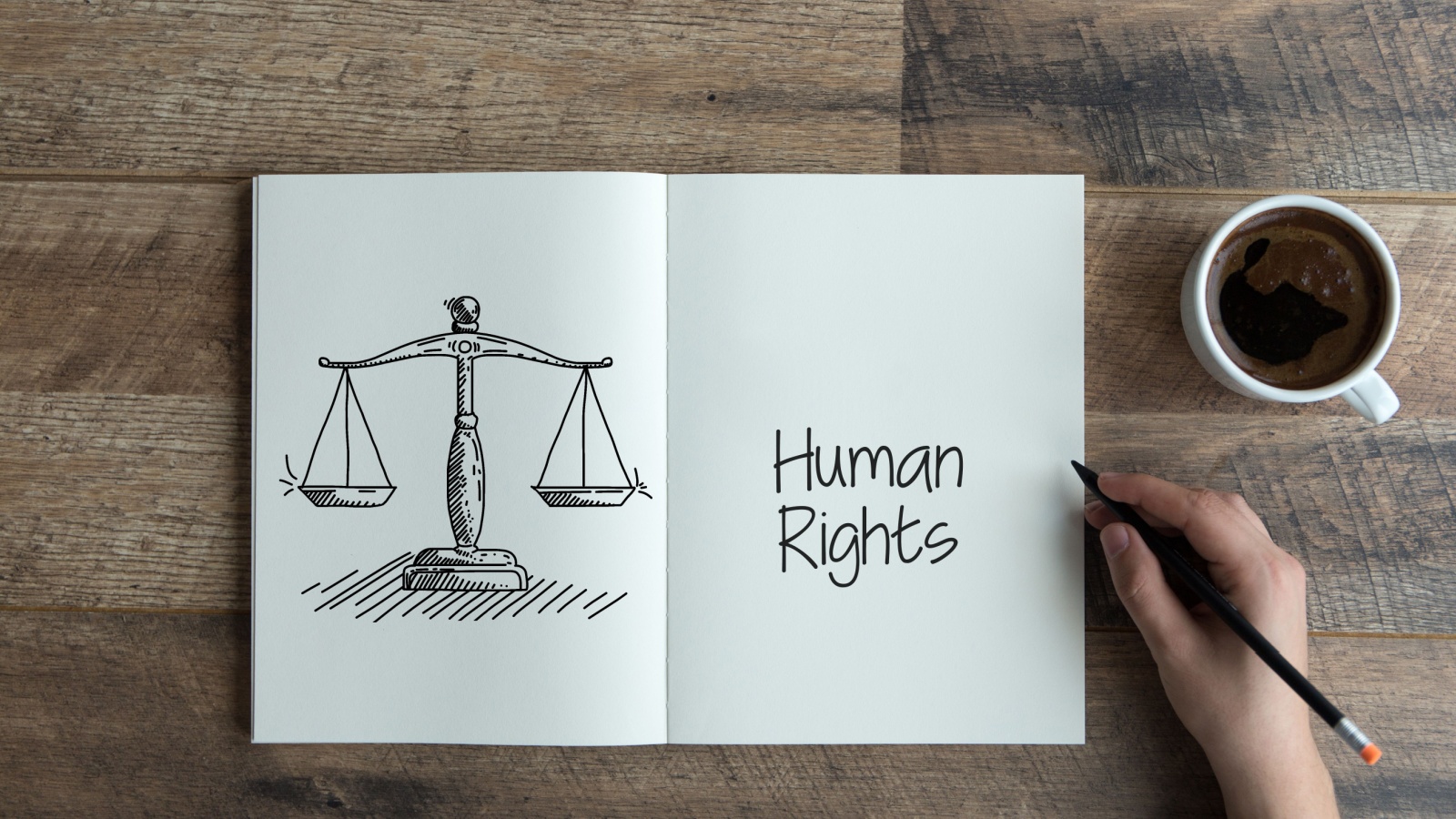
Canada often plays a key role on the world stage by supporting peace, diplomacy, and international cooperation. Whether through the United Nations, humanitarian aid, or refugee resettlement, Canada promotes the protection of human rights globally. It has supported LGBTQ+ rights abroad, condemned unlawful detentions, and consistently pushed for peaceful resolutions to conflicts. Diplomacy is seen not just as a strategy, but as a responsibility. By choosing dialogue over aggression and compassion over isolation, Canada builds international trust and sets a powerful example of what global leadership can look like when grounded in humanity.
21 Products Canadians Should Stockpile Before Tariffs Hit

If trade tensions escalate between Canada and the U.S., everyday essentials can suddenly disappear or skyrocket in price. Products like pantry basics and tech must-haves that depend on are deeply tied to cross-border supply chains and are likely to face various kinds of disruptions
21 Products Canadians Should Stockpile Before Tariffs Hit
